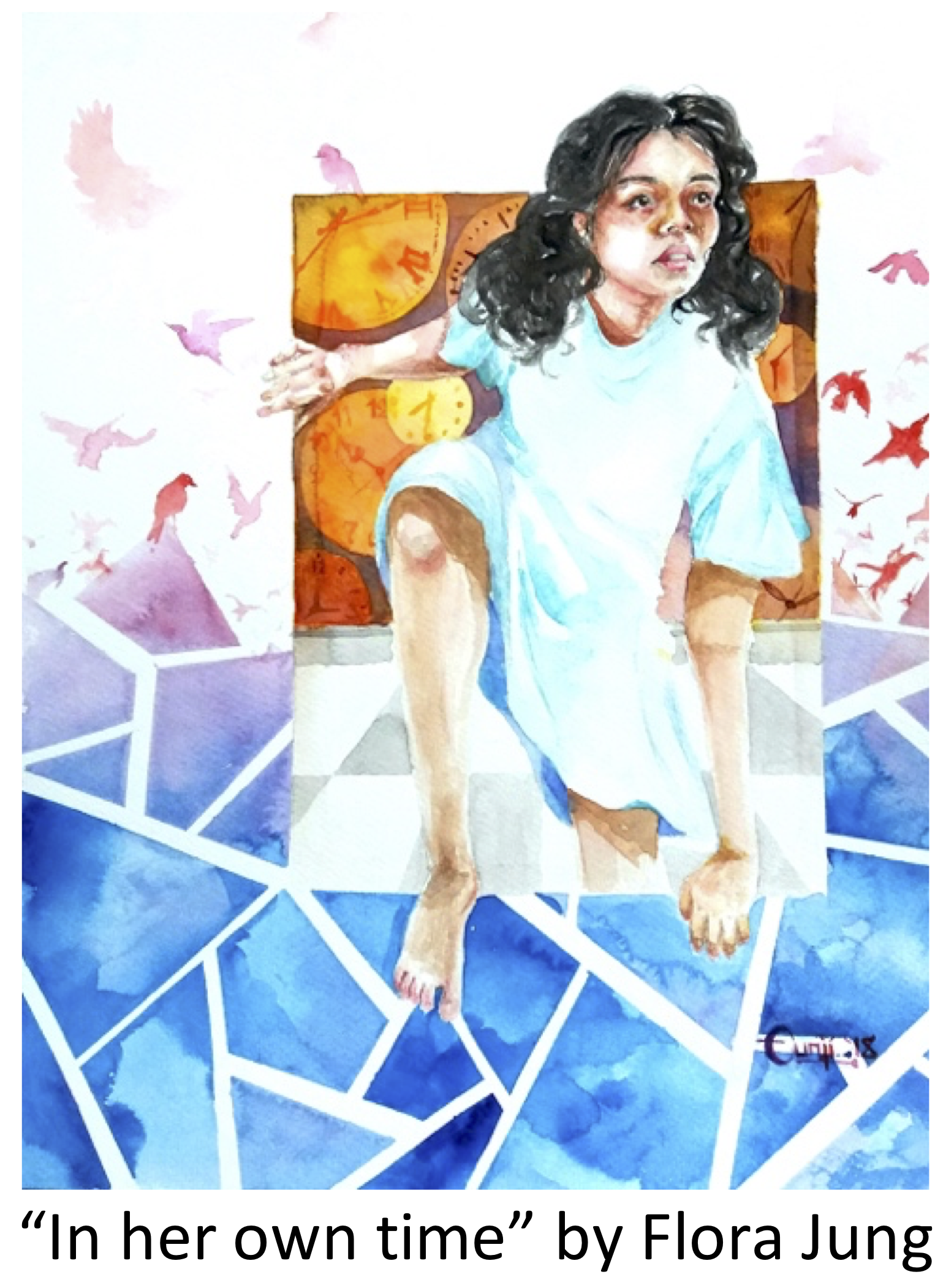The roles of attachment and resilience in perceived stress in medical students
DOI:
https://doi.org/10.36834/cmej.43204Keywords:
perceived stress, attachment style, resilience, medical studentAbstract
Background: Medical students are susceptible to high levels of psychological stress, while being equipped with lower levels of resilience, especially females. Adult attachment is a known risk factor for a broad range of mental health difficulties and poor coping. The purpose of this study is to examine relationship attachment style, perceived stress, and resilience in medical students.
Methods: Data was collected via an online survey using self-report measures from University of Saskatchewan undergraduate medical students (n = 188). Attachment was assessed with the Relationship Questionnaire and Experiences in Close Relationships Scale. Resilience and stress were assessed with the Connor-Davidson Resilience Scale and Perceived Stress Scale, respectively.
Results: Approximately half of our sample endorsed secure attachment style (49.4%). Females reported significantly more attachment insecurity, higher attachment anxiety, higher perceived stress, and lower resilience compared to males, as expected. As predicted, attachment anxiety and avoidance were predictors of perceived stress. Mediation analyses supported the hypothesis that resilience acted as a partial mediator between attachment insecurity and perceived stress.
Conclusion: These findings suggest attachment plays a role in perceived stress in medical students. In addition, the role of resiliency in protecting against this effect highlights potential areas for intervention to improve medical student well-being and provides a foundation for longitudinal follow-up.
Downloads
Downloads
Published
How to Cite
Issue
Section
License
Submission of an original manuscript to the Canadian Medical Education Journal will be taken to mean that it represents original work not previously published, that it is not being considered elsewhere for publication. If accepted for publication, it will be published online and it will not be published elsewhere in the same form, for commercial purposes, in any language, without the consent of the publisher.
Authors who publish in the Canadian Medical Education Journal agree to release their articles under the Creative Commons Attribution-Noncommercial-No Derivative Works 4.0 Canada Licence. This licence allows anyone to copy and distribute the article for non-commercial purposes provided that appropriate attribution is given. For details of the rights an author grants users of their work, please see the licence summary and the full licence.










